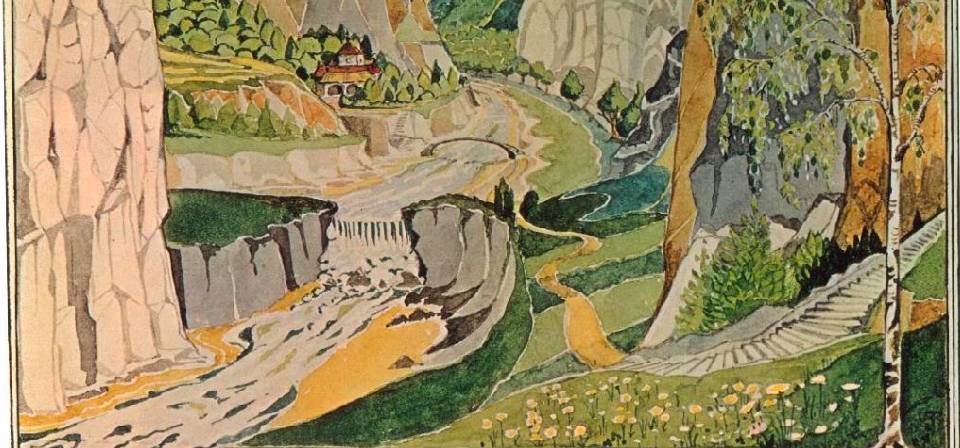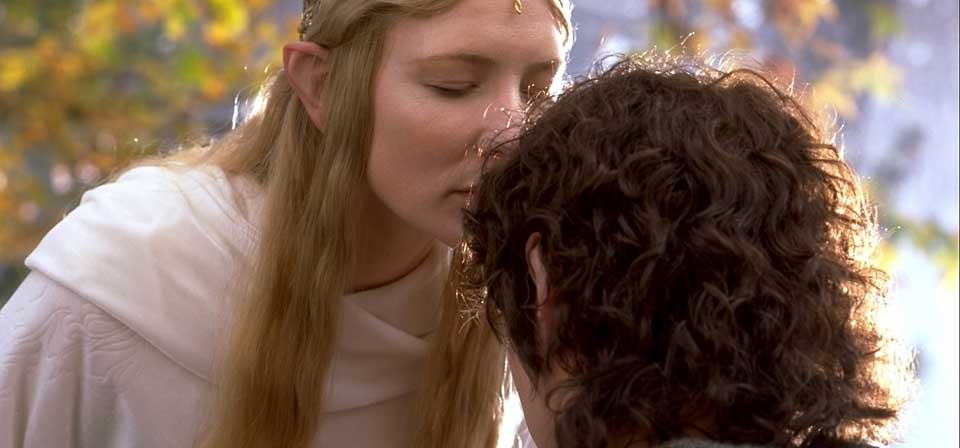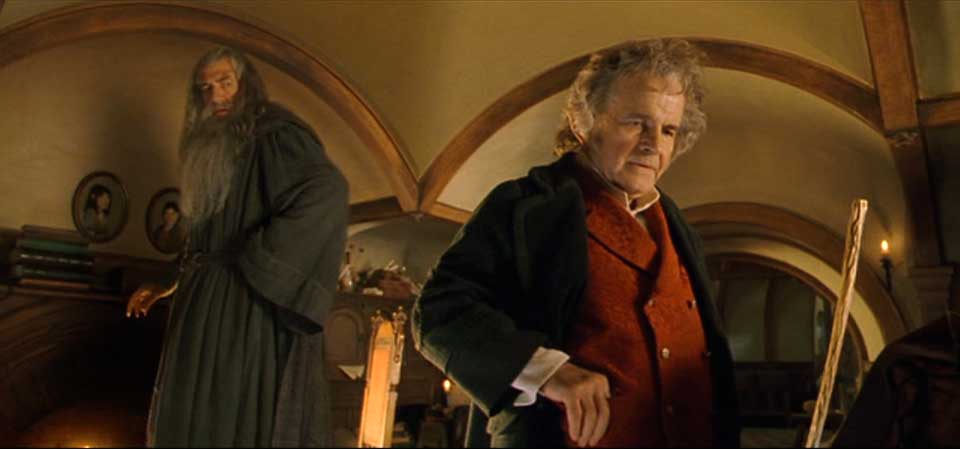Tags :: The Lord of the Rings

Why is there no religion in The Lord of the Rings?
If The Lord of the Rings is “fundamentally religious and Catholic,” why are there no religious institutions or rituals?
The Lord of the Rings: The Return of the King (2003)
It’s hard to overstate the soaring achievement of Peter Jackson and company in The Return of the King, the third and final chapter of their historic adaptation of The Lord of the Rings. To call it the grandest spectacle ever filmed is no exaggeration; it may also be the most satisfying third act of any film trilogy, completing what can now be regarded as possibly the best realized cinematic trilogy of all time.
The Achievement of Peter Jackson’s The Lord of the Rings
As Fritz Lang’s Metropolis was the first great science fiction film and Ford’s Stagecoach was perhaps the first great Western, The Lord of the Rings is the first great cinematic achievement of its kind - a genre that might be described as epic Western mythopoeia, but is often popularly (if imprecisely) called "fantasy" or "swords and sorcery."
The Lord of the Rings (1978)
Notwithstanding this and other weaknesses, this Lord of the Rings is in some respects quite impressive and remains worth a look, especially for Tolkien fans, and perhaps younger viewers not quite old enough for Peter Jackson’s more intense adaptation — though even the Bakshi is darker and more intense than most cartoons. (Younger viewers might also be interested in the animated Rankin-Bass versions of The Hobbit and The Return of the King.)
The Return of the King (1980)
The film hits the most critical plot points, but is clearly aimed at the younger set, with little to interest even the most avid adult Tolkien and/or animation buff. Unfortunately, this style works even less well here than in The Hobbit, which really is a children’s story. Tolkien’s Lord of the Rings is a much more adult work, but Rankin-Bass essentially makes a kid movie out of it. Even so, for kids too young for the Jackson or even Bakshi versions, the Rankin-Bass cartoons might be just the ticket.
The Lord of the Rings: Filmmakers Contemplate Journey, Significance of Books and Films
“I think that Tolkien says that some generations will be challenged,” said
The Lord of the Rings: The Two Towers (2002)
From the very first sequence of Peter Jackson’s The Two Towers — a bravura opening that stunningly recalls and continues a central sequence from The Fellowship of the Ring — we feel that we’re in good hands. It’s a promise the subsequent three hours deliver on imperfectly.

Faith and fantasy: Tolkien the Catholic, The Lord of the Rings, and Peter Jackson’s film trilogy
J. R. R. Tolkien once described his epic masterpiece The Lord of the Rings as "a fundamentally religious and Catholic work." Yet nowhere in its pages is there any mention of religion, let alone of the Catholic Church, Christ, or even God. Tolkien’s hobbits have no religious practices or cult; of prayer, sacrifice, or corporate worship there is no sign.
Peter Jackson’s The Lord of the Rings Film Trilogy: Will it be True to Tolkien?
Yet neither Baum nor even Mitchell ever quite generated the level of intensely passionate fan devotion inspired by J. R. R. Tolkien’s epic masterpiece The Lord of the Rings. This is a fact not lost on New Zealand director Peter Jackson, whose ambitious, unprecedented back-to-back three-film adaptation of The Lord of the Rings launches this December with The Fellowship of the Ring.

The Lord of the Rings: The Fellowship of the Ring (2001)
There can be no more fitting tribute to Peter Jackson’s The Fellowship of the Ring than to apply to it the words with which C. S. Lewis acclaimed the original book when Tolkien first wrote it: “Here are beauties that pierce like swords or burn like cold iron; here is a [film] that will break your heart.”
Recent
- Benoit Blanc goes to church: Mysteries and faith in Wake Up Dead Man
- Are there too many Jesus movies?
- Antidote to the digital revolution: Carlo Acutis: Roadmap to Reality
- “Not I, But God”: Interview with Carlo Acutis: Roadmap to Reality director Tim Moriarty
- Gunn’s Superman is silly and sincere, and that’s good. It could be smarter.
Home Video
Copyright © 2000– Steven D. Greydanus. All rights reserved.